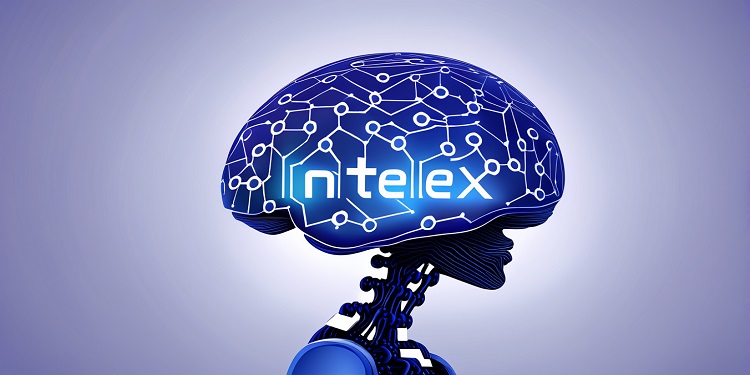China is leveraging advanced technologies like Artificial Intelligence (AI) and blockchain to address mounting challenges in water resource management caused by urbanization, climate change, and outdated infrastructure. These innovations are fostering enhanced efficiency, sustainability, and transparency across the nation’s water management systems.
AI has emerged as a transformative force in water quality monitoring. By utilizing machine learning algorithms, data from sensors in water bodies, treatment plants, and distribution networks are analyzed in real time. Institutions like the Harbin Institute of Technology have introduced AI-powered platforms that operate in major cities including Shanghai and Beijing. These platforms enable predictive analytics and early detection of contaminants, facilitating prompt actions to maintain water quality. Such initiatives not only reduce operational expenses but also ensure access to clean and safe water for millions of residents.
Furthermore, AI is playing a pivotal role in minimizing water losses due to leakage in pipeline networks. In cities like Shenzhen, Huawei has implemented a smart water management system that monitors pipelines in real time. By identifying potential leaks and predicting failures, the system has achieved a notable 20% reduction in water loss. This predictive maintenance capability enhances operational efficiency and conserves valuable water resources.
Blockchain Promotes Transparency and Accountability
In addition to AI, blockchain technology is being utilized to streamline water rights management and enhance supply chain transparency. Water-scarce regions such as the Yellow River Basin are adopting blockchain-based platforms for secure and transparent water rights trading. This decentralized system ensures the fair and sustainable distribution of water resources, optimizing their usage.
Moreover, blockchain is contributing to greater accountability within the water supply chain. By providing an immutable record of transactions, it helps mitigate fraud and ensures transparency in water management operations. These digital ledger technologies are proving to be valuable tools in promoting ethical practices across the sector.
Showcasing Innovation at WATERTECH CHINA
The effectiveness of AI and blockchain in water management will be a major focus at WATERTECH CHINA, the world’s largest exhibition dedicated to process, drinking, and wastewater solutions. The event, scheduled to take place from June 4-6 at the National Exhibition and Convention Center (NECC) in Shanghai, will serve as a platform for industry professionals to explore cutting-edge advancements.
With a vast exhibition space spanning 190,000 square meters, WATERTECH CHINA is set to host over 2,500 exhibitors from more than 100 regions and countries. The event is expected to attract approximately 100,000 attendees, offering opportunities for networking, knowledge exchange, and exploring sustainable water management solutions.
Key Highlights of WATERTECH CHINA 2025
Participants can gain insights into the latest innovations by exploring over 75,000 products showcased by 700+ brands. Additionally, industry conferences will cover emerging digital and green water technologies. Certified matchmaking services and international pavilions will further enhance collaboration opportunities, enabling stakeholders to stay informed about advancements in water treatment.
- Exhibitors will present solutions across various categories, including:
- Point of Use Equipment
- Membrane and Water Treatment Equipment
- Wastewater Treatment Equipment
- Pumps, Valves, and Pipeline Systems
- Consumables and Accessories
- Comfortable Home Appliances
As China continues to lead in the application of AI and blockchain in water management, events like WATERTECH CHINA provide an essential platform for industry leaders to collaborate, share knowledge, and drive further innovation in sustainable water resource management.









